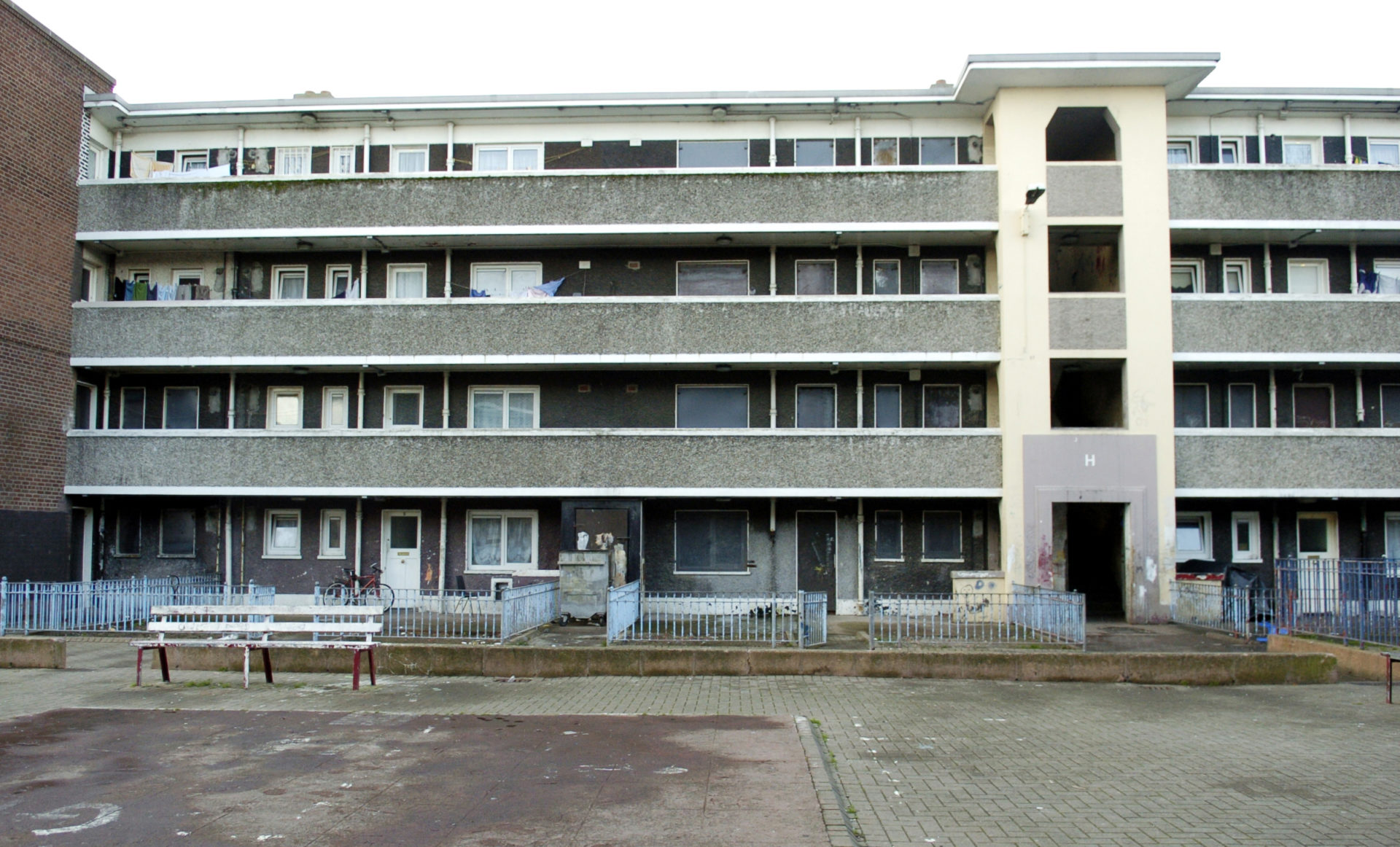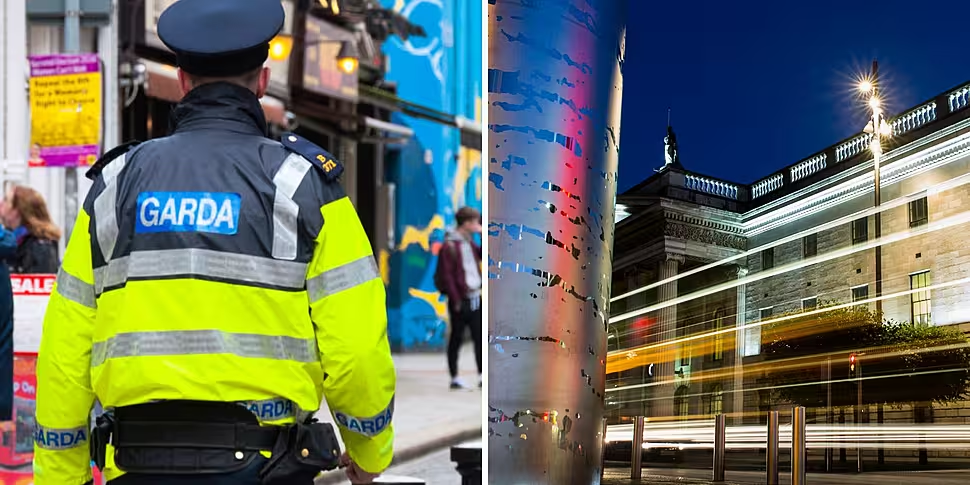Plans for extra Gardaí in Dublin city are 'cosmetic measures' that are not dealing with the real issues.
Community worker James O'Toole was speaking as €10 million in funding was announced for extra Garda shifts in the capital.
The funding is being made immediately available and will provide for 240,000 extra Garda hours, or 20,000 extra Garda shifts, in the Dublin Metropolitan Region to the end of the year.
Mr O’Toole told The Hard Shoulder he can understand the call for more Gardaí.
"I can understand obviously why people want measures that make them feel safe - but I think there's a difference between cosmetic measures that make people feel safe, or give the appearance of safety, and actually looking at the underlying causes," he said.
"If you look at the particular communities where anti-social behaviour is most prevalent, I don't think it's a coincidence that they're also the communities where there's the most concentrated poverty.
"That's' not to say that everyone that grows up in poverty goes out, lashes out and attacks people - that's ridiculous.
"But at the same time there is a direct correlation between the trauma of poverty, the kind of shame people feel when they live in poverty - they lose a sense of self-worth".
'Dignity and pride'
Mr O'Toole said he could see the change for himself.
"I grew up in Fatima Mansions flats, and I could see from looking at my grandparents' generation in the '50s - where everyone was working, post-war boom - there was a real sense of tight community," he said.
"Then in the '70s when we had recession after recession... you could see then that it was when people lost their sense of dignity and pride in themselves that alcoholism [and] drug abuse increased.
"Slowly but surely you get a growing concentration of anti-social crimes, muggings to feed drug habits".
 File photo shows Dublin's Fatima Mansions flats in 2005. Picture by: RollingNews.ie
File photo shows Dublin's Fatima Mansions flats in 2005. Picture by: RollingNews.ieMr O’Toole said he is not justifying any such behaviour.
"My grandmother was mugged, so I'm in no way justifying - explaining things doesn't mean you justify it," he said.
"The guy who mugged her, he mugged her to feed a drug habit, so surely then that should open up a conversation.
"It should provoke a conversation about why did drugs flood into certain areas, at a certain point in time, on the back of certain economic situations?
"Once the spiral gets going, and there's a bunch of traumatised people in an area, what you'll find is the neighbours become traumatised because they're living next door to traumatised people".
'I could see those kids at seven'
Mr O’Toole said he could see children as young as seven with serious problems.
"I'd go out to play and you'd end up in fights with kids who looked like they're half-starving or whose parents were addicts," he said.
"I could see those kids at seven... you were afraid of them; and then at 12, no one makes sure they're going to school.
"At 16 they just get worse and then they get into drug trade, then they might do some minor violence and then it gets worse.
"You're thinking, 'If someone had intervened when they were seven, we wouldn't have had the monster we ended up with when they were 19'".
'Glaring sores in our city'
Mr O’Toole said grants to incentivise people to move out of some areas didn't work.
"They incentivised the people who had a bit more stability, and a bit more income and a wage coming in, to leave the areas," he said.
"Then the areas became even more concentrated pools of poverty.
"I think one of the problems that Government has is that the economic policies that... successive governments have pursued for the last 20 or 30 years have left pockets of deprivation like glaring sores in our city.
"That can't really open up a wider conversation about these things without actually questioning their own role in producing it".
"If we don't address that deprivation, and the intergenerational trauma, then we're just going to be back here in 15 years going, 'Will we get another 10 million for more police?'" he added.
Listen back here:









